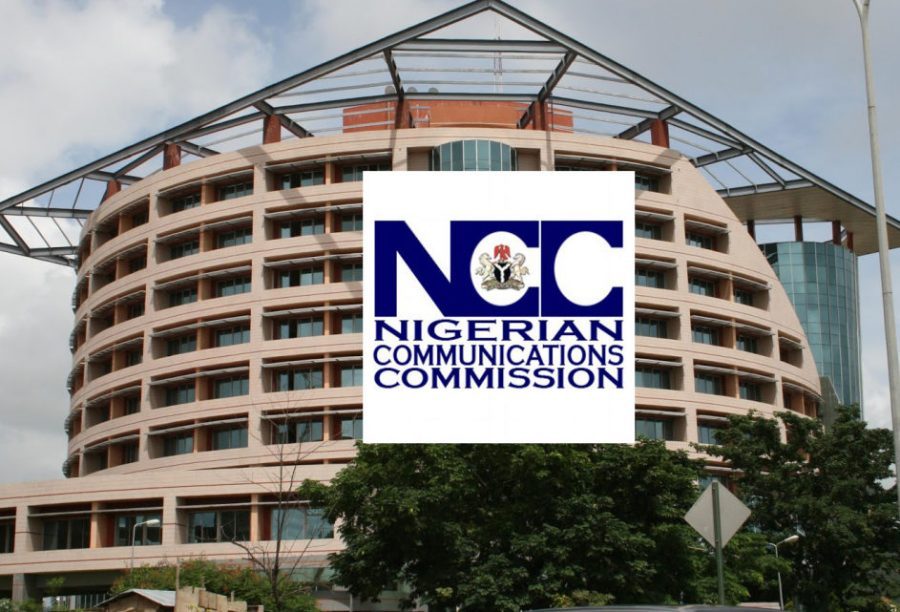Telecoms
NCC Moves to Amend Five Regulatory Instruments
Published
4 years agoon

The Nigerian Communications Commission (NCC) on Tuesday commenced a three-day public inquiry on five telecom regulations and guidelines in Abuja with a view to updating the regulatory instruments to better deliver its mandates.
As the chief regulator of the ever-growing and highly dynamic telecoms sector in the country, the Commission has a reputation for its regular stakeholders’ consultative fora and inquiries that help in gathering inputs for its regulatory activities.
Read Also:
Umar Danbatta, the Executive Vice Chairman of the Commission said at the ongoing public enquiry that emerging technologies and advancements in the sector demand that the Commission is prepared to match these developments with appropriate regulations and guidelines.
“With the technological advancements anticipated in the coming years, it is expected that there will be a proliferation of devices in the industry. It is, therefore, essential for the Commission to ensure that the right regulatory frameworks can accommodate such eventualities,” he said.
At the event, which was attended by all members of the Board of Commissioners, led by its Chairman, Adeolu Akande, Danbatta said the public inquiry which covered five areas of existing regulations, is aimed at achieving operational efficiency and operational excellence.
He listed the regulatory instruments under review at the public inquiry to include: Type Approval Regulations, Guidelines on Short Code Operation in Nigeria, Guidelines on Technical Specifications for the Deployment of Communications Infrastructure, Guidelines on Advertisements and Promotions, as well as Consumer Code of Practice Regulations.
He said the focus areas were already articulated in some important documents guiding the operations of the Commission, which include the Nigerian National Broadband Plan (NNBP) 2020 – 2025, the National Digital Economy Policy and Strategy (NDEPS) 2020 – 2030, NCC’s Strategic Management Plan (SMP) 2020-2024, and its Strategic Vision Implementation Plan (SVIP) 2021–2025, which are being implemented towards achieving its mandate.
While stating that these strides are the results of the Commission’s regulatory efficiency and focused implementation of policies and strategies of the Federal Government of Nigeria, Danbatta said the public inquiry is in tandem with the Commission’s strategy of consulting stakeholders in all its regulatory interventions.
The EVC further stated that the amendment of these regulatory instruments was to reflect current realities, one of which is the anticipated deployment of the Fifth Generation (5G) technology, and management of shortcodes in Nigeria, including the Toll-Free Emergency Code 112.
Earlier, Head, Telecoms Laws and Regulations at NCC, Helen Obi, had stated that public inquiry allows the Commission to incorporate the comments and suggestions of industry stakeholders in developing its regulatory instruments.
She said the process ensures that the Commission’s regulatory instruments are in line with the current realities in the industry as it had done with some regulatory frameworks and guidelines in 2021.
Share this:
- Click to share on X (Opens in new window) X
- Click to share on Facebook (Opens in new window) Facebook
- Click to share on WhatsApp (Opens in new window) WhatsApp
- Click to share on Pocket (Opens in new window) Pocket
- Click to share on Telegram (Opens in new window) Telegram
- Click to email a link to a friend (Opens in new window) Email
- Click to share on LinkedIn (Opens in new window) LinkedIn
You may like


NCC Committed to Regional Digital Integration – Maida


Telcos to Pump Fresh N1.4 Trillion on Network Expansion – NCC


NCC to Rollout Satellite-to-Phone Technology for 23.3m Nigerians


NCC, CBN Introduce 30-Second Refund Rule for Failed Airtime and Data Purchases


NCC Seeks Stakeholder Input on Draft Five-year Spectrum Roadmap, 60 ghz Guidelines


Nigeria’s Active Telecom Subscribers Hit 173.5m as Broadband Penetration Nears 50%












